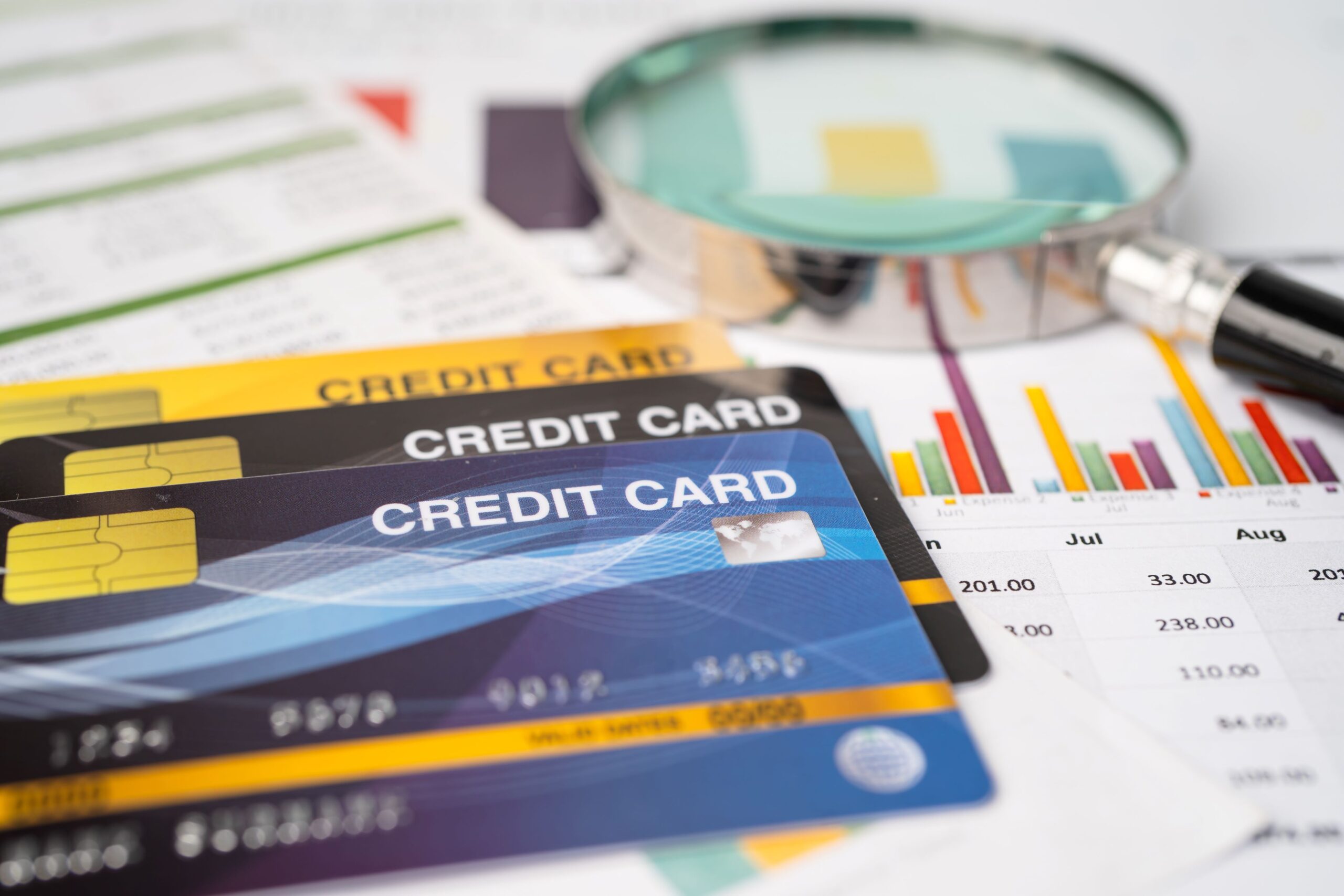Tips for Managing Debt and Improving Credit
Managing debt effectively is essential for achieving financial stability and improving your credit score. By implementing smart strategies and habits, you can take control of your debt and work towards building a healthier financial future. In this article, we’ll discuss practical tips for managing debt and improving your credit.

1. Create a Budget:
- Start by creating a detailed budget that outlines your income and expenses.
- Identify areas where you can cut back on spending to allocate more funds towards debt repayment.
2. Prioritize Debt Repayment:
- List your debts from smallest to largest or highest interest rate to lowest.
- Focus on paying off one debt at a time while making minimum payments on others.
3. Make Timely Payments:
- Pay all bills and loan installments on time to avoid late fees and negative marks on your credit report.
- Set up automatic payments or reminders to ensure you never miss a due date.
4. Negotiate with Creditors:
- If you're struggling to make payments, contact your creditors to discuss alternative payment arrangements or hardship programs.
- Many creditors are willing to work with you to find a solution that fits your financial situation.
5. Reduce Expenses:
- Look for ways to cut expenses and redirect those savings towards debt repayment.
- Consider canceling subscription services, eating out less frequently, or shopping for cheaper alternatives.
6. Avoid Taking on New Debt:
- Resist the temptation to take on new debt while working towards paying off existing balances.
- Only use credit when necessary and ensure you can afford to repay it in full each month.
7. Use Windfalls Wisely:
- Use unexpected windfalls such as tax refunds or bonuses to make lump-sum payments towards your debt.
- Avoid the temptation to splurge on non-essential items and prioritize debt reduction instead.
8. Monitor Your Credit Report:
- Regularly review your credit report to track your progress and identify any errors or discrepancies.
- Dispute any inaccuracies with the credit bureaus to ensure your credit report is accurate.
9. Build Emergency Savings:
- Establish an emergency fund to cover unexpected expenses and prevent reliance on credit during financial emergencies.
- Aim to save at least three to six months' worth of living expenses in your emergency fund.
10. Seek Professional Help if Needed:
- If you're overwhelmed by debt or struggling to make progress on your own, consider seeking assistance from a credit counselor or financial advisor.
- They can provide personalized guidance and resources to help you develop a debt repayment plan and improve your credit.

Conclusion
Managing debt and improving your credit requires discipline, patience, and commitment. By creating a budget, prioritizing debt repayment, making timely payments, negotiating with creditors, reducing expenses, avoiding new debt, using windfalls wisely, monitoring your credit report, building emergency savings, and seeking professional help if needed, you can take control of your financial situation and work towards a brighter financial future. Remember that small changes and consistent efforts can lead to significant improvements in your financial well-being over time.






